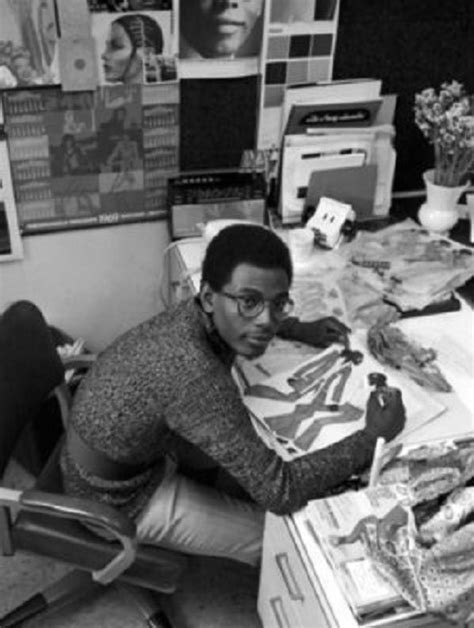A Quote by Ludwig von Mises
It is impossible to describe any human action if one does not refer to the meaning the actor sees in the stimulus as well as in the end his response is aiming at.
Related Quotes
Your mind, in order to defend itself starts to give life to inanimate objects. When that happens it solves the problem of stimulus and response because literally if you're by yourself you lose the element of stimulus and response. Somebody asks a question, you give a response. So, when you lose the stimulus and response, what I connected to is that you actually create all the stimulus and response.
These various habits of thought, or habitual expressions of life, are all phases of the single life sequence of the individual; therefore a habit formed in response to a given stimulus will necessarily affect the character of the response made to other stimuli. A modification of human nature at any one point is a modification of human nature as a whole.
Worship is a response to greatness. A man does not become a worshipper merely by saying, "Now I shall become a worshipper." That is impossible. That cannot be done. A man becomes a worshipper when he sees something great that calls forth his admiration or his worship. That is the only way worshippers are made. Worship answers to greatness.
The psychotic does not merely think he sees four blue bivalves with floppy wings wandering up the wall; he does see them. An hallucination is not, strictly speaking, manufactured in the brain; it is received by the brain, like any 'real' sense datum, and the patient act in response to this to-him-very-real perception of reality in as logical a way as we do to our sense data. In any way to suppose he only 'thinks he sees it' is to misunderstand totally the experience of psychosis.
The essence of being human is that one does not seek perfection, that one is sometimes willing to commit sins for the sake of loyalty, that one does not push asceticism to the point where it makes friendly intercourse impossible, and that one is prepared in the end to be defeated and broken up by life, which is the inevitable price of fastening one's love upon other human individuals.
Human life has no meaning independent of itself. There is no cosmic force or deity to give it meaning or significance. There is no ultimate destiny for man. Such a belief is an illusion of humankind's infancy. The meaning of life is what we choose to give it. Meaning grows out of human purposes alone. Nature provides us with an infinite range of opportunities, but it is only our vision and our action that select and realize those that we desire.
Relationship is action, is it not? Action has meaning only in relationship; without understanding relationship, action on any level will only breed conflict. The understanding of relationship is infinitely more important than the search for any plan of action. The ideology, the pattern for action, prevents action. Action based on ideology hinders the understanding of relationship between man and man.





































